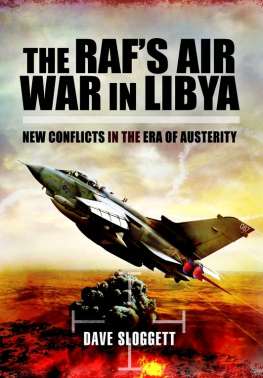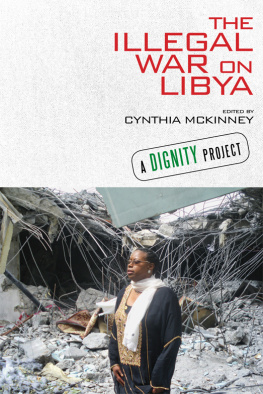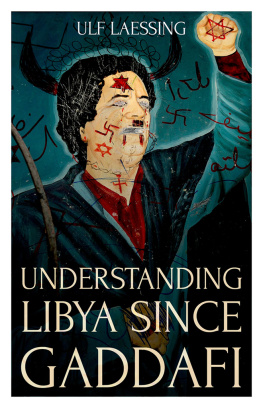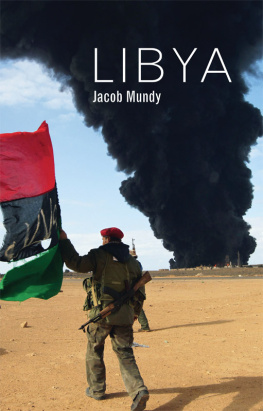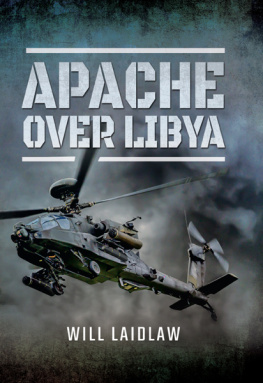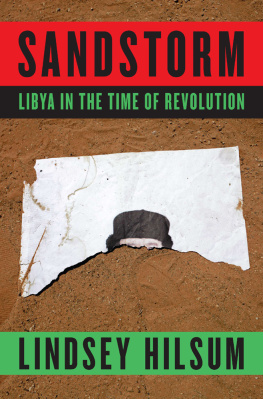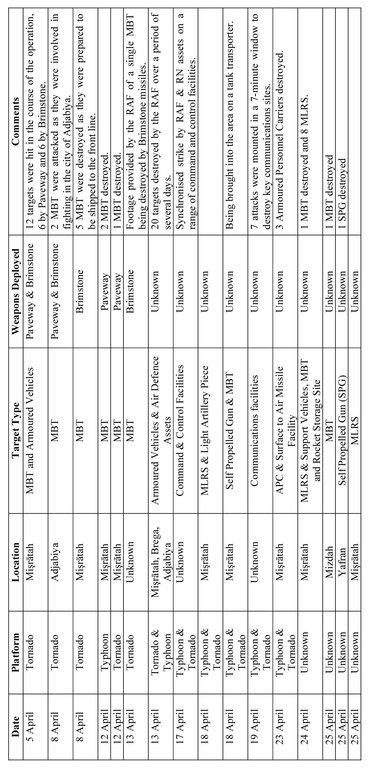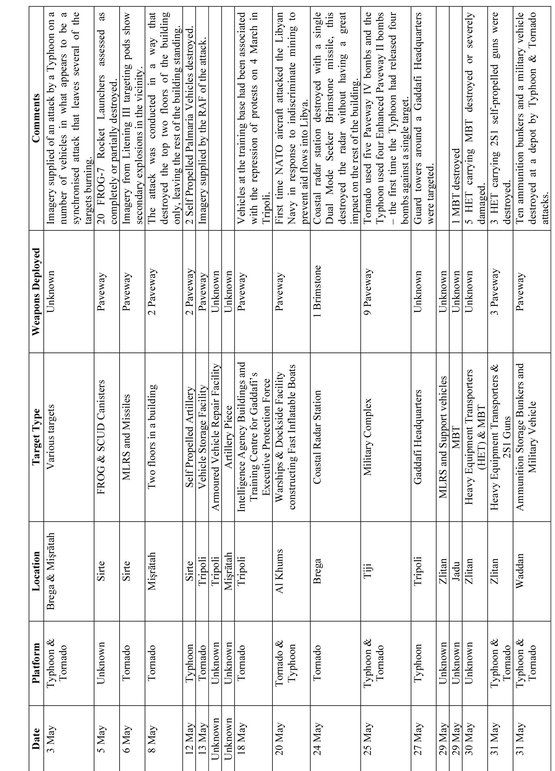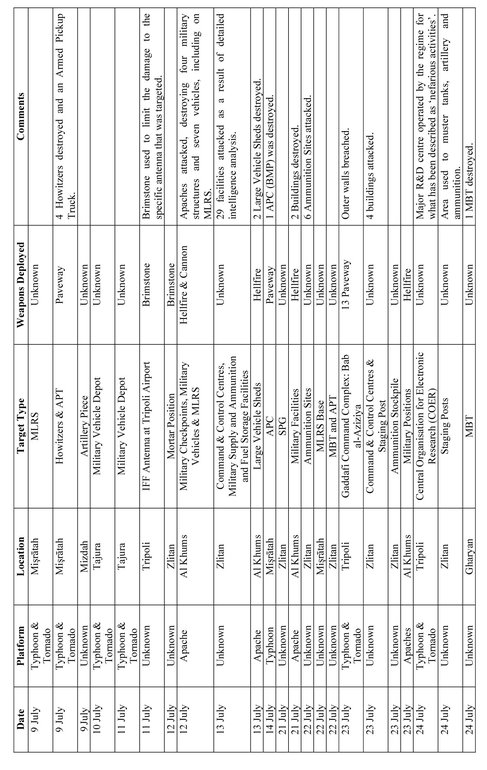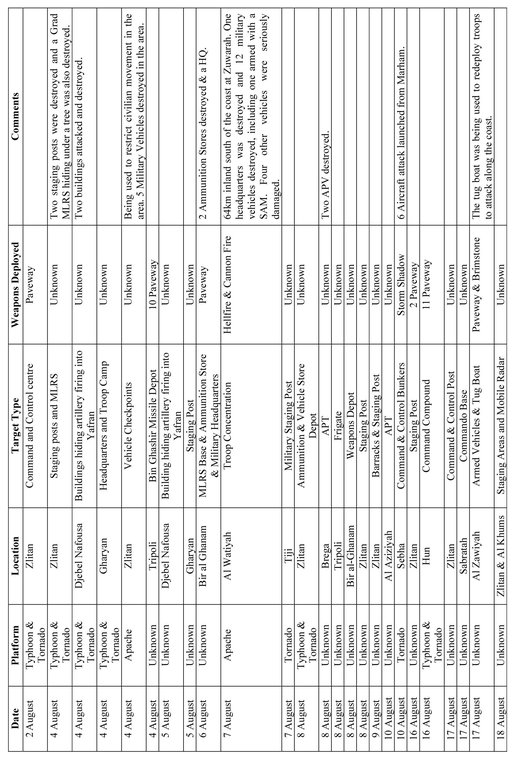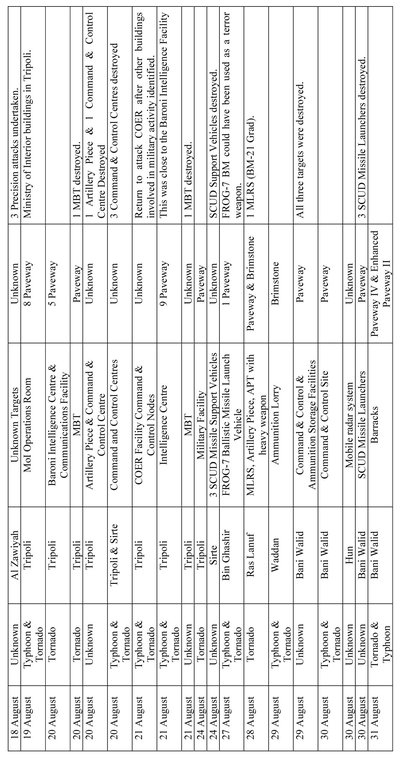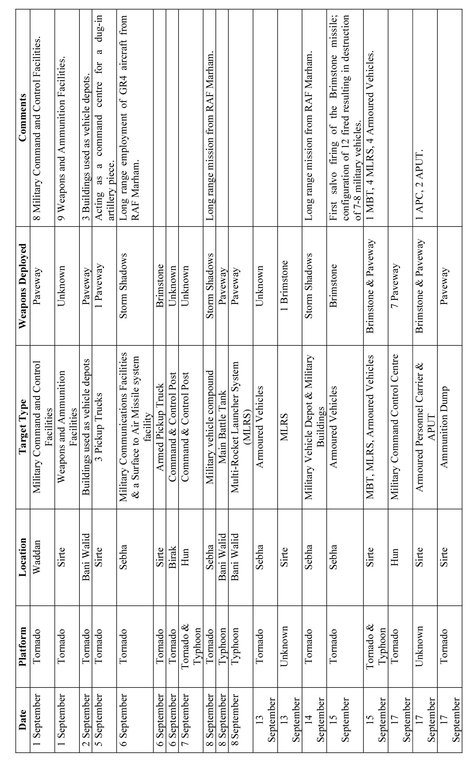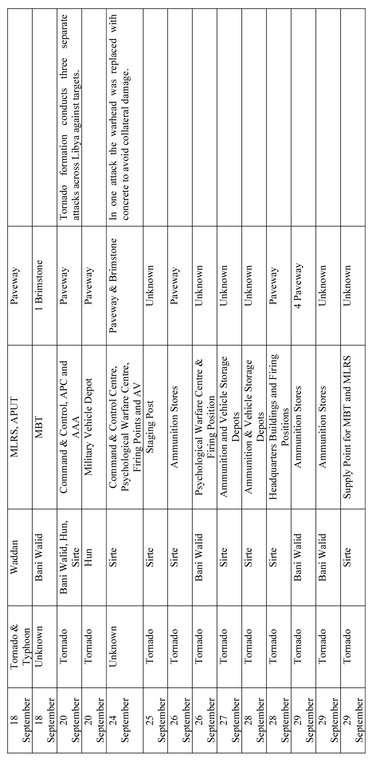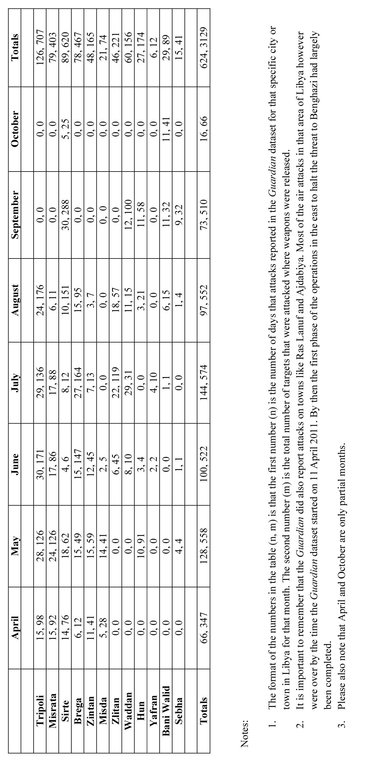The Celebrations in Tripoli
David Cameron must have been delighted with his visit to Tripoli on 15 September 2011, as the international community was rushing to acknowledge the interim government of Libya as the countrys legitimate representatives. The Prime Ministers standing across the world had just taken another crucial step. Cameron was now a war leader, tested in the heat of what was a limited application of military power but it could all have turned out so very differently.
The younger and relatively inexperienced political leader had applied military force, and replaced a man that had dominated Libyan politics for over forty years. This was quite an achievement. Standing shoulder-to-shoulder with him on that visit to Tripoli was the President of France. This was the man with whom the British Prime Minister had set out to establish a new Franco-British military axis at the start of his premiership in 2010. A year later they were celebrating its first application. Together, in one relatively simple war, they had re-cast the European defence landscape and its relationship with the United States. Or had they?
For David Cameron the shouts of joy and the melee he faced must have been both a slightly worrying moment and yet one that offered so much hope. His language seemed to capture the significance of the occasion. This he stated goes beyond Libya. As if caught up by the atmosphere, he went on to say that, this is a moment when the Arab Spring could become an Arab summer and we see democracy advance on other countries too.
President Sarkozy also hailed the moment saying, As I flew over Tripoli today, I thought about the hope that one day young Syrians will be given the opportunity that young Libyans have now been given. Adding, perhaps the best thing I can do is to dedicate our visit to Tripoli to those who hope that Syria can one day also be a free country. Was Cameron so buoyed up by the success in Libya that in his wildest dreams he saw a similar application of the kind of clinical military power applied by NATO in a Syrian context?
The rhetoric of the day, it would appear, was simply a rush of blood to the head. Since the end of the campaign in Libya was declared wiser heads, it would seem, have prevailed. For the moment Syria appears to be off the hook despite the carnage that is being metered out to its citizens on a daily basis. Sadly, international politics is rarely a place which makes a great deal of sense to the common man. A NATO-led coalition went to war to protect the people of Benghazi from being slaughtered by a tyrannical dictator hell-bent on revenge. How is that not different from Syria or for that matter Yemen?
David Cameron may well have reflected on the C-17, as it flew back that night to land on the short runway at RAF Northolt, that his gamble in pushing for a United Nations resolution to help the people of Benghazi had been vindicated. He may also have thought that it showed that those who that had lambasted his hastily-undertaken Strategic Defence and Security Review (SDSR) had been wrong to say it was flawed.
But, despite the scenes of undoubted joy in Tripoli, the international community does not seem able to come together to protect other nation states in similar circumstances to those experienced by the Libyan people. States like China, India and Russia have seen how David Cameron and Nickolas Sarkozy were able to manipulate the English language and give themselves sufficient room to manoeuvre that allowed them to start a mission with the aim of defending a city and end it replacing an entire regime. The uprising in Syria is not about to falter any time soon. President Assad has warned off the west. His threat of an earthquake across the fault line that Syria sits on in the Middle East is one that many will take seriously. Until countries like China, India and Russia, all of which have vested interests in Syria, decide to act against the regime in Damascus Assad will survive. He will do so by brutalising his people in the full view of the worlds population. The inability for the west to help the Syrian people bring the leaders of such a regime to account will rankle with many leaders. Syrias status as a pariah nation is unlikely to change.
The sense of a job well done by the NATO-led coalition was a satisfying moment ahead of the party conference season. David Cameron knew he would face a restless party at the Conservative conference, with some critics arguing he had sacrificed too many Tory principles in establishing a coalition government. Now, though, the Prime Minister was a man who had led his military into a campaign and he had come out on top. He had, quite literally, defined and applied a new approach to war in a very short period of time, one that was compatible with the need to re-balance the national debt. To his mind perhaps the downfall of Gaddafi had seen the SDSR pass its first test. The situation was not bad, not bad at all.

